THE Comptroller General, Nigeria Customs Service (NCS), Hameed Ali, has said the Nigerian National Petroleum Corporation (NNPC) should be blamed for the high rate of fuel smuggling across the country’s land borders.
Ali said he had suggested to the NNPC countless times to establish petroleum retail outlets in neighbouring countries to curtail smuggling but the state oil company repeatedly ignored the proposals.
Join our WhatsApp ChannelAli spoke during an interactive session with members of the House of Representatives Committee on Finance on the 2022-2024 Medium Term Expenditure Framework (MTEF) and the Fiscal Strategy Paper (FSP).
The committee is reviewing the content of the MTEF, which was submitted to the National Assembly in July.
Ali specifically blamed the Department of Petroleum Resources (DPR) for giving licences to filling stations around the borders, adding that the establishment of retail outlets would help to end the problem of smuggling of PMS across Nigeria’s borders.
He said, “NNPC or DPR should establish petrol stations in our neighbouring countries, and move these products at the cost that we sell, and sell to these people. We will make money.
“We have the market and by doing so we will completely diminish the anxiety or the penchant for smuggling. Because if a Beninoise will get the fuel at the price we are getting and the cost of transportation, which is the minimum, there is no way he will wait for people to import to him at twice the price. We have made this proposal, we have made noise about it, no one seems to listen.”
Ali said there was nothing Customs could do to stop smuggling of fuel outside the country because of the method smugglers use in carrying out their activities.
He said, “There is hardly anything we can do to stop the smuggling of fuel outside the country because they use the creeks, they use land borders, they use virtually everything possible. We cannot be everywhere; we must begin to think out of the box. We should extend our petrol stations into these countries. We should move these products there.
“If you recall, when we closed the border, NNPC recorded a drastic drop in fuel that is being released to the public and all of a sudden, we have opened four entrances on our land borders and yet we have seen historical increases in terms of the quantity being reported as being consumed or released.
“This, I must say, we have very porous borders — very lengthy borders and very porous. Secondly, we have—by the aid of the NNPC created so many filling stations right at the border. And Mr Chairman, these filling stations get daily supply, and when they get these supplies, they release the supply in the tank at night, and by the morning, it has been siphoned.”
Ali called for investigation into the figure being released by DPR, noting that the agency was unwilling to cooperate with Customs on illegal filling stations around the border.
The Customs boss said, “That is why we said, filling stations that are 20km of the border should not be given petroleum products. We must monitor DPR. Are these figures really what are being released? This thing keeps going up and down. We had a series of meetings with the DPR. They said most of those filling stations at the borders are illegal.
“So, we said, give us the names and list of those illegal filling stations, then we will take care of the legal ones. Three years after, we have not received one name. These are the problems.
“There is a law that says that no Nigerian fueling station should be established within 10km to the border. But the DPR will do their survey, they will issue licences to people to operate there. Our concern is the inflow and outflow.”
Responding to Ali’s claim, the chairman of the committee, James Faleke (APC, Lagos), asked the NCS to furnish it with all the petrol stations within the 20km of the border corridor.

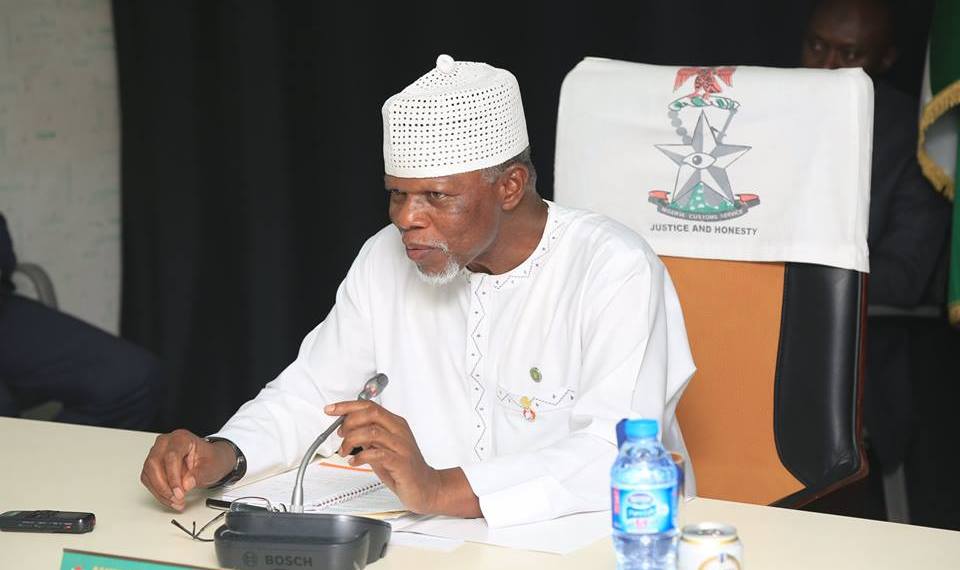


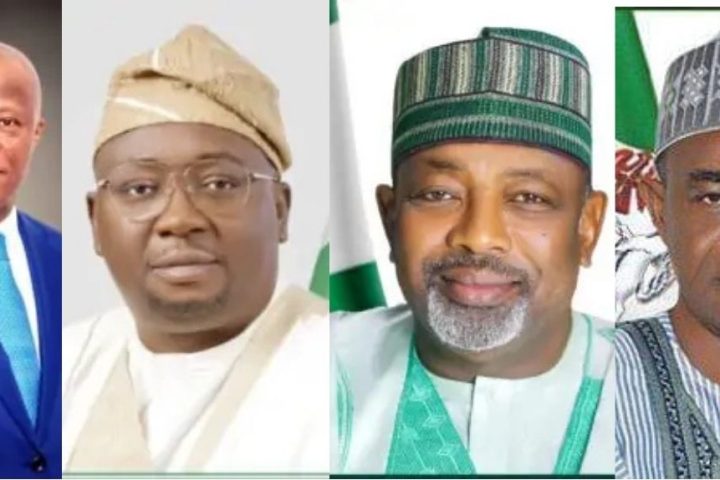
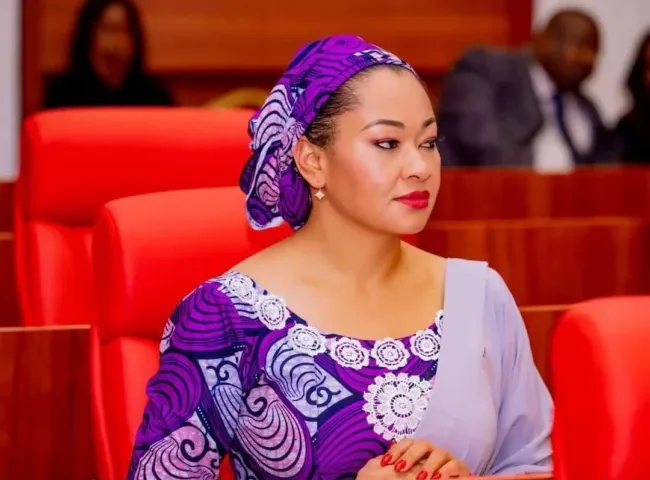









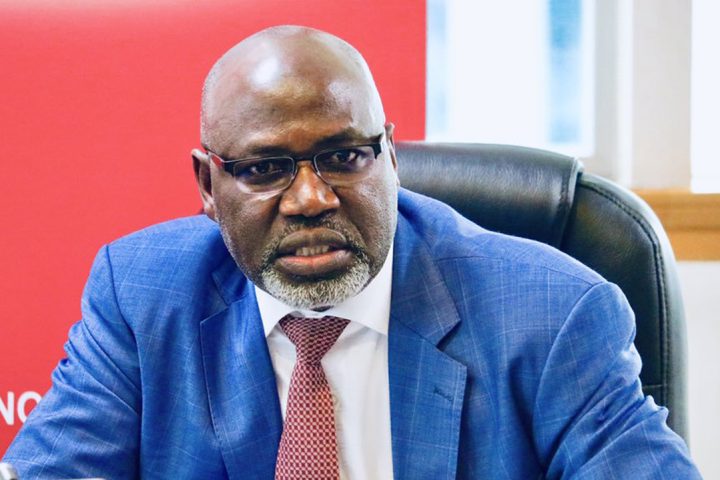

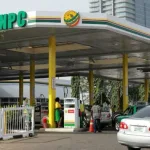
Follow Us